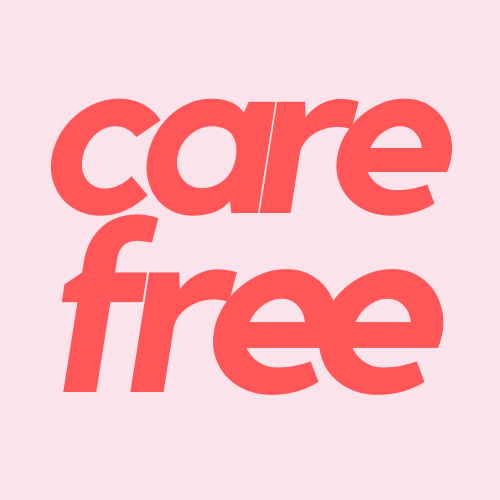
I didn’t believe I would make it here, to my mid-twenties.
I have struggled with suicidal ideation on and off in my life since the age of thirteen, and attempted suicide at the age of fifteen. I didn’t believe there were other options for me that were worth sticking around for. Of course, I loved my family members and my friends, but aside from them, what was worth sticking around for? Certainly not the panic attacks, the anxiety, the depression, the scratching from my dermatillomania, or living in a queer Black body that was often mistreated.
Although the CDC shows that African Americans have the lowest rates of suicide, it is not a viable excuse to erase us from the conversation about mental health and suicide. This statistic doesn’t account for the prodigious amount of suicide attempts for Black youth, or how suicide is the third leading cause of death for Black men.
In a world where the police still have not been completely eradicated and the Black community does not have adequate access to mental health resources, it is obvious that external factors want us dead, thus causing us to want ourselves dead. For people outside of our community, or even inside our own community, to tell us to “look on the bright side” or that we are “overreacting” only steeps us deeper into our trauma. It only makes us further repress it as a way to make sure we are “convenient” to “deal” with.
I suffered from a great deal of low self-esteem not feeling good enough in the eyes of loved ones and others’ expectations of me in and out of school in regards to Blackness, being a child of divorce, and what the definition of “success” was required to be.
I used to believe the identities I held had nothing to do with my mental health or suicidality. It was in therapy where I discovered how having “mental health issues” has been, and still is, viewed as something only white people experience. If I had a dollar for every time a Black person in my family told me my anxiety was a “white people thing,” I would have enough to pay the entirety of my student loan payments.
I’ve also recognized that my anxiety is primarily rooted in family-based trauma of not wanting to be an inconvenience. Coming out as a queer nonbinary person would have been an inconvenience, so I didn’t. I waited and waited and ultimately didn’t come out to my family until 2018.
In the midst of navigating all of this, I lost one of my dear friends…to suicide. While grieving my friend, I wondered, “How am I here and you’re not?” Someone once told me that I was “stronger” than him as a way to comfort me in my grief, but that just made me angry. I would argue that he was the stronger one for finally finding a sense of peace and ending his suffering. It’s not fair to view suicide as a sign of weakness or viewing it as a crime to leave Earth. There just needs to be better reasons (e.g. mental health care, financial resources, and radically allowing people to express vulnerability) in order to make people stay.
I feel a sense of strangeness when writing pieces like these. This is usually the part where I talk about the benefits of therapy and open communication as methods of healing. As true as that has been for me, not everyone has access to therapy. Not everyone can get to a place where they feel safe enough to invest in learning how to openly communicate with loved ones. And pursuing either of those things doesn’t come with a linear journey, because healing is never linear.
I used to date someone from my late teens to my early twenties who was emotionally abusive. He was so confused as to why I was having more depressive episodes than usual after the death of Philando Castile.
“It’s not like you knew him! I think you’re overreacting,” he said.
Now In my mid-twenties, I live in Maine; a predominantly white state where police officers can be fired for killing porcupines but not for killing a Black person. You cannot blame me or any other Black folks for being pessimistic from time to time.
However, when I do feel optimistic, I write poetry. It has been a great tool for processing my emotions, and it’s become an avenue for me to express my mental health history to my loved ones through my words.
In her poem, “On Entropy” Camonghne Felix reminds us, “There are more people alive now than there/are dead in the earth.” We are capable of learning how to build our own boats to keep ourselves from drowning. Finding the answer gradually within ourselves to build our lifeboats is a form of non-linear healing that increases our chance of experiencing joy. My poetry is my lifeboat.
While some people may believe I enjoy pointing out the ways in which I have been oppressed, and how that has strongly affected my mental health, I don’t. I enjoy talking about the good in my life and seeking that for myself in my writing, my community and sexual assault prevention work, and my pursuit of a religious and spiritual life.
I’ve learned how to better communicate with my loved ones and partner, and I have learned after my attempt and throughout my bouts of ideation how powerful joy can be. Especially when it is not forced through a “well look on the bright side” narrative. Finding joy and rest when so many systems want us dead is one of the greatest acts of resistance.


